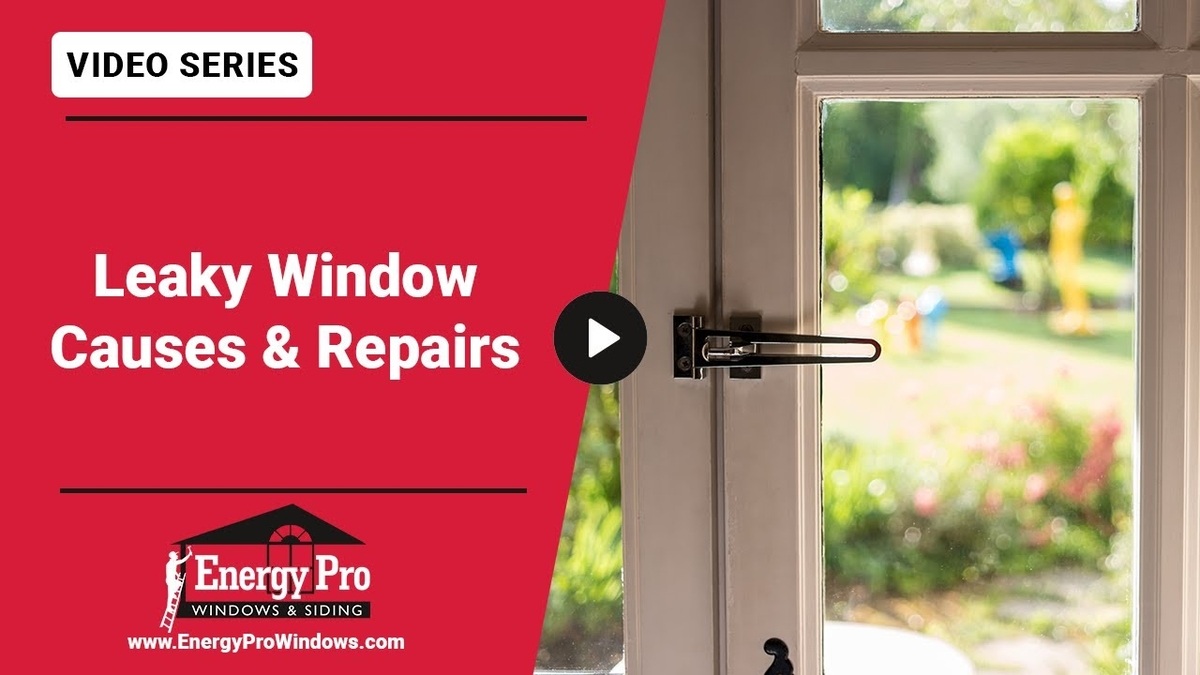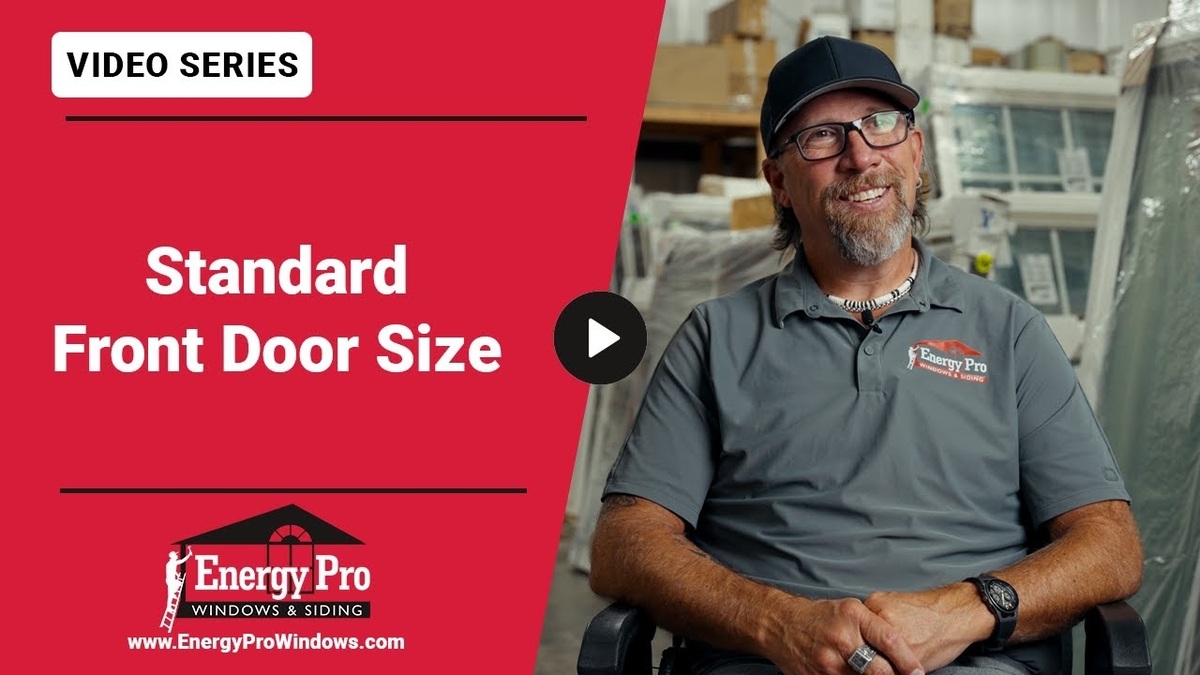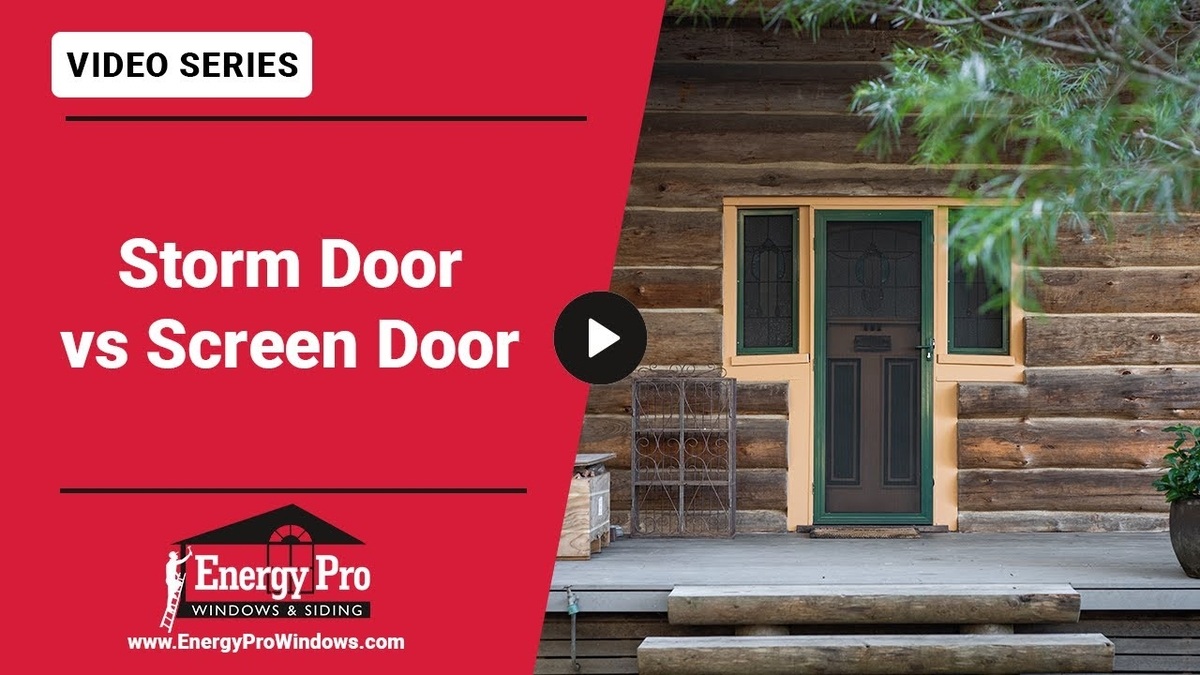Vinyl windows are one of the most popular choices for homeowners, offering a balance of affordability, durability, and low maintenance. However, not all vinyl windows are created equal. The differences in quality, materials, and construction can have a major impact on their performance, energy efficiency, and lifespan. Knowing what sets high-quality vinyl windows apart is essential for making a decision that adds value and comfort to your home.
What Sets a High-Quality Vinyl Windows Apart?
The quality of vinyl windows can vary greatly depending on factors like the materials used, the manufacturing process, and design elements. Reputable window manufacturers take pride in their products and aim to balance cost with quality. However, in order to stay competitive, some manufacturers may cut production costs, which can lead to lower-quality products that might not last as long or perform as well. Let’s break down what you should look for when comparing vinyl windows.
The Importance of a Strong Manufacturer Warranty
One of the first things to check when comparing vinyl windows is the manufacturer’s warranty. A warranty is more than just a piece of paper; it’s a written declaration of the company’s confidence in their product. Manufacturers that stand behind their products offer robust warranties, often covering different components of the window.
- Frame and Moving Parts: Look for warranties that cover both the frame and moving parts, which are vital to the window’s functionality and durability.
- Glass: Glass coverage often includes protection against seal failure or argon gas leaks, crucial for maintaining energy efficiency.
- Screen Frame Material: Some warranties also cover screen frames, although coverage can vary.
A long and inclusive warranty indicates that the manufacturer expects their product to last without frequent repairs. If you notice a warranty with many limitations or exclusions, it could be a sign that the company lacks confidence in their own window’s durability.
Polyurethane Insulation vs. Polystyrene
The material used for insulation inside the window frame has a big impact on its efficiency and longevity. Two common options are polyurethane and polystyrene, but they’re not created equal.
- Polyurethane: This CFC-free material is resistant to moisture and does not absorb it, which means it maintains its structure and insulating properties over time. Polyurethane-insulated windows often have better energy efficiency and durability.
- Polystyrene: While cheaper, polystyrene tends to absorb moisture, which can compromise its insulating abilities over time. This type of insulation may lead to higher energy bills and reduced comfort in the home.
For optimal performance, consider vinyl windows with polyurethane insulation, especially if you live in a region with fluctuating temperatures.
How Structural Reinforcements Impact Window Quality
Vinyl naturally expands and contracts with temperature changes, so having structural reinforcements can make a world of difference. Windows reinforced with fiberglass or composite materials help to stabilize the vinyl, reducing stress on the window’s insulated glass unit (IGU).
Benefits of Reinforced Vinyl Frames
- Reduced Expansion and Contraction: Reinforced frames prevent excessive movement, protecting the integrity of the window’s structure and insulation.
- Enhanced Durability: Reinforcements help the window withstand temperature variations, making it last longer.
- Extended Warranty on Glass: Some glass manufacturers only offer a lifetime warranty on windows with reinforced vinyl frames, a sign of their enhanced stability.
If durability is a priority, look for vinyl windows with added reinforcement materials to ensure longevity.
Energy Efficiency Considerations for Vinyl Windows
Energy efficiency is a primary consideration for homeowners, and vinyl windows often outperform other materials like wood and fiberglass in this area. But not all vinyl windows offer the same energy efficiency benefits.
Air Infiltration Rating
A key measure of a window’s efficiency is its air infiltration rating. This rating measures how much air can pass through a closed and locked window assembly. Vinyl tend to score well on air infiltration tests, but the specific rating can vary between manufacturers.
- Energy Star Certification: To be Energy Star certified, windows must meet specific standards for air infiltration. Vinyl often meet or exceed these requirements, making them an excellent choice for energy-conscious homeowners.
- Testing Standards: Windows are subjected to a 25 mph wind during testing to determine how much air infiltrates. Ideally, look for windows with a low air infiltration rating, as this minimizes drafts and helps keep your home comfortable year-round.
Insulated Glass Units (IGUs)
The insulated glass unit (IGU) within the window is essential for maintaining energy efficiency. When you see terms like “argon gas fill” or “low-E glass,” it refers to enhancements that improve the thermal performance of the glass. A vinyl window with quality IGUs can make a noticeable difference in reducing energy bills.
Common Misconceptions About Vinyl Windows
Despite their popularity, there are several misconceptions about vinyl windows. Here’s what to keep in mind:
- Not All Vinyl Windows Are Insulated: Some people assume that all vinyl windows are fully insulated. However, unless the internal chambers are filled with polyurethane, they may offer less insulation than expected.
- Higher Price Doesn’t Always Mean Better Performance: While some premium vinyl windows come with advanced features, you can often find mid-priced vinyl windows with high energy efficiency and strong warranties.
Choosing the Right Vinyl Window for Your Needs
When selecting a vinyl window, consider your priorities: Are you looking for maximum energy savings, long-term durability, or just a basic upgrade? By focusing on elements like the warranty, insulation type, and air infiltration rating, you can find a vinyl window that meets your expectations.
In Summary
Not all vinyl windows are the same, and the differences in quality and performance can have a significant impact on your home’s comfort, energy efficiency, and long-term value. Quality and performance depend heavily on the manufacturer, materials, and design.
If you’re ready to explore high-quality vinyl window options that suit your home and budget, contact us to discuss how we can help you make an informed choice.



